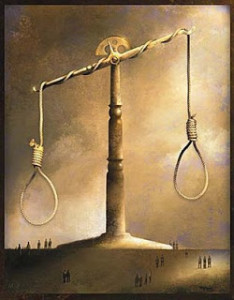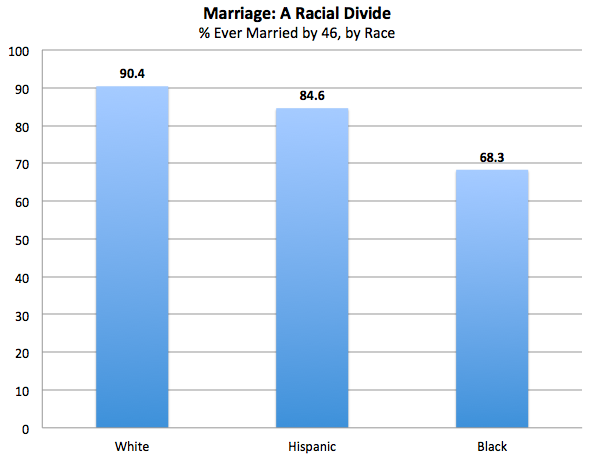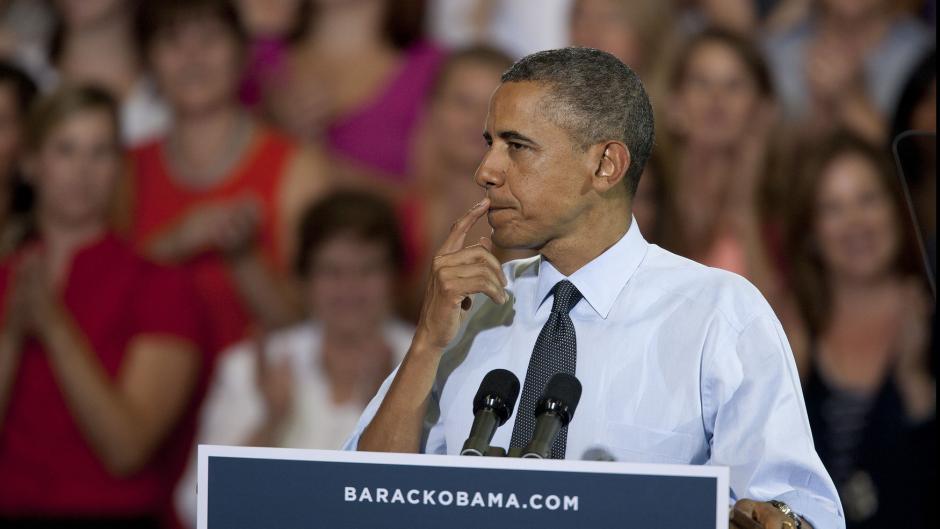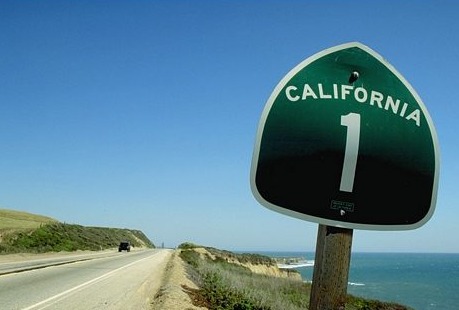I love Gallup.
Sixty percent of Americans say they favor the death penalty for convicted murderers, the lowest level of support Gallup has measured since November 1972, when 57% were in favor. Death penalty support peaked at 80% in 1994, but it has gradually declined since then.
Key points:
- Support for the death penalty has exceeded opposition since 1936 in all but one survey (May 1966).
- Since 2000, several states have enacted moratoriums or outlawed the death penalty entirely, partially due to several death-row inmates proven innocent of the crimes for which they were convicted.
- 81% of Republicans currently favor the death penalty, compared to 60% of Independents and 47% of Democrats.
- 52% of Americans believe the death penalty is applied fairly, compared to 40% who believe it is applied unfairly.
- 44% of Americans believe the death penalty is not imposed often enough, compared to 26% who believe it is imposed the right amount of time and 22% who believe it is imposed too often.
- 18 states do not allow the death penalty; 6 of those bans have occurred since 2006.
In my experience, most arguments around the morality of the death penalty focus on whether the government should have the right to execute people guilty of certain particularly heinous crimes. I believe the work of organizations like the Innocence Project has drawn attention to a different category of death penalty opposition: a person can believe it is morally acceptable to execute the guilty, yet still oppose the death penalty because they believe the system is too error-prone to implement (i.e. there’s too high of a risk of executing innocent people).
Of course we will never have a perfect system, but there are certain reforms that can lower the error rate. Still the questions remain: when risking innocent lives, what error rate is low enough? What do we gain in return for that cost?
I do believe some people deserve to be executed. I’m just weary of entrusting such an awesome responsibility to our government.









